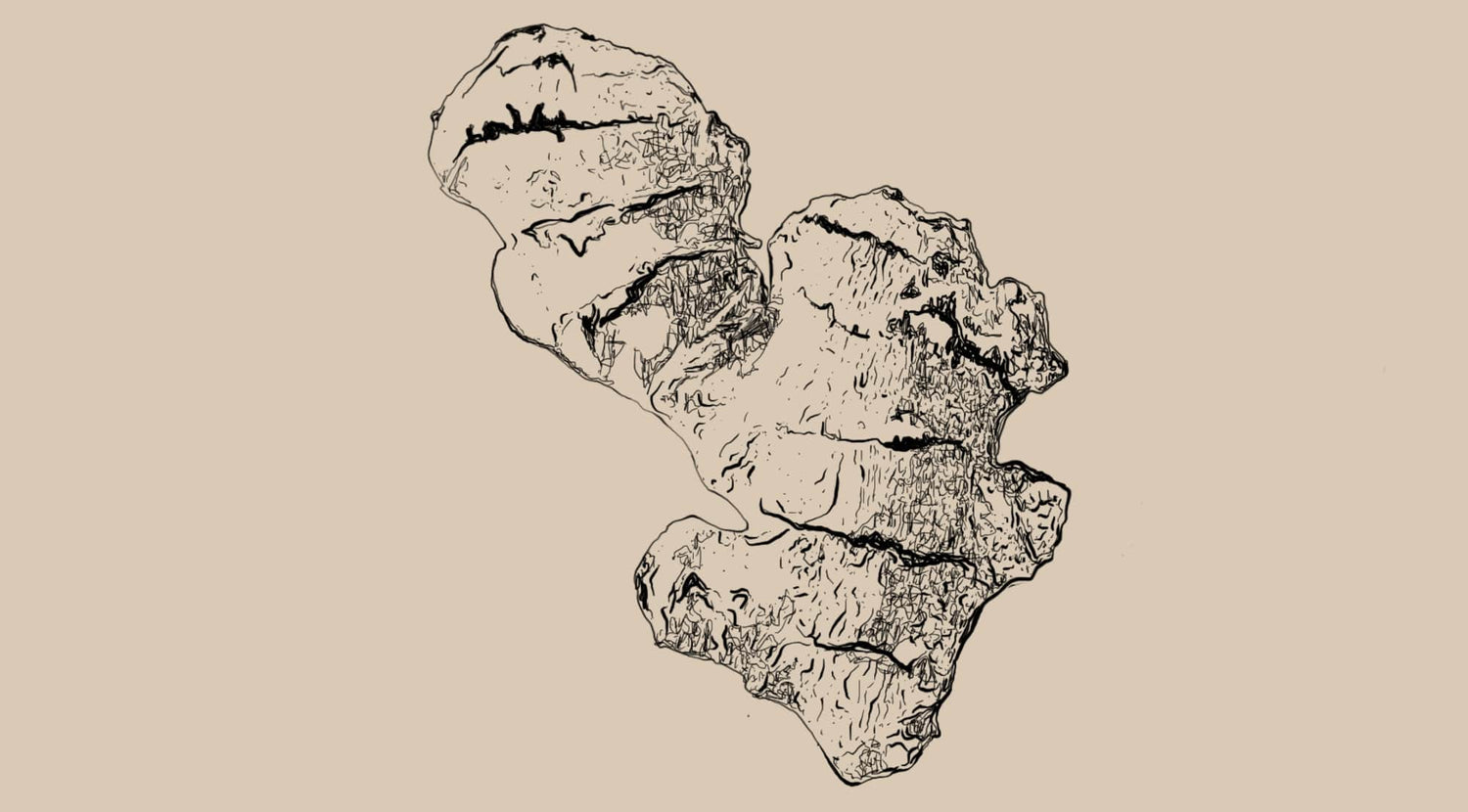Wander Gut Sachet
Traditionally used in Western herbal medicine to support gastrointestinal system health and relieve mild gut inflammation.
Purchase any two items, get your choice of free Mushroom powder.
Couldn't load pickup availability
Description
Description
Serving Suggestion
Serving Suggestion
Active Ingredients
Active Ingredients
Non-Active Ingredients
Non-Active Ingredients
Excipient Explanation
Excipient Explanation
Health Warnings
Health Warnings
Sourcing
Sourcing
Consciously Created
Australian Made
No Added Dairy
No Added Gluten
No Added Soy
Plant Actives
Responsible Packaging
Vegan
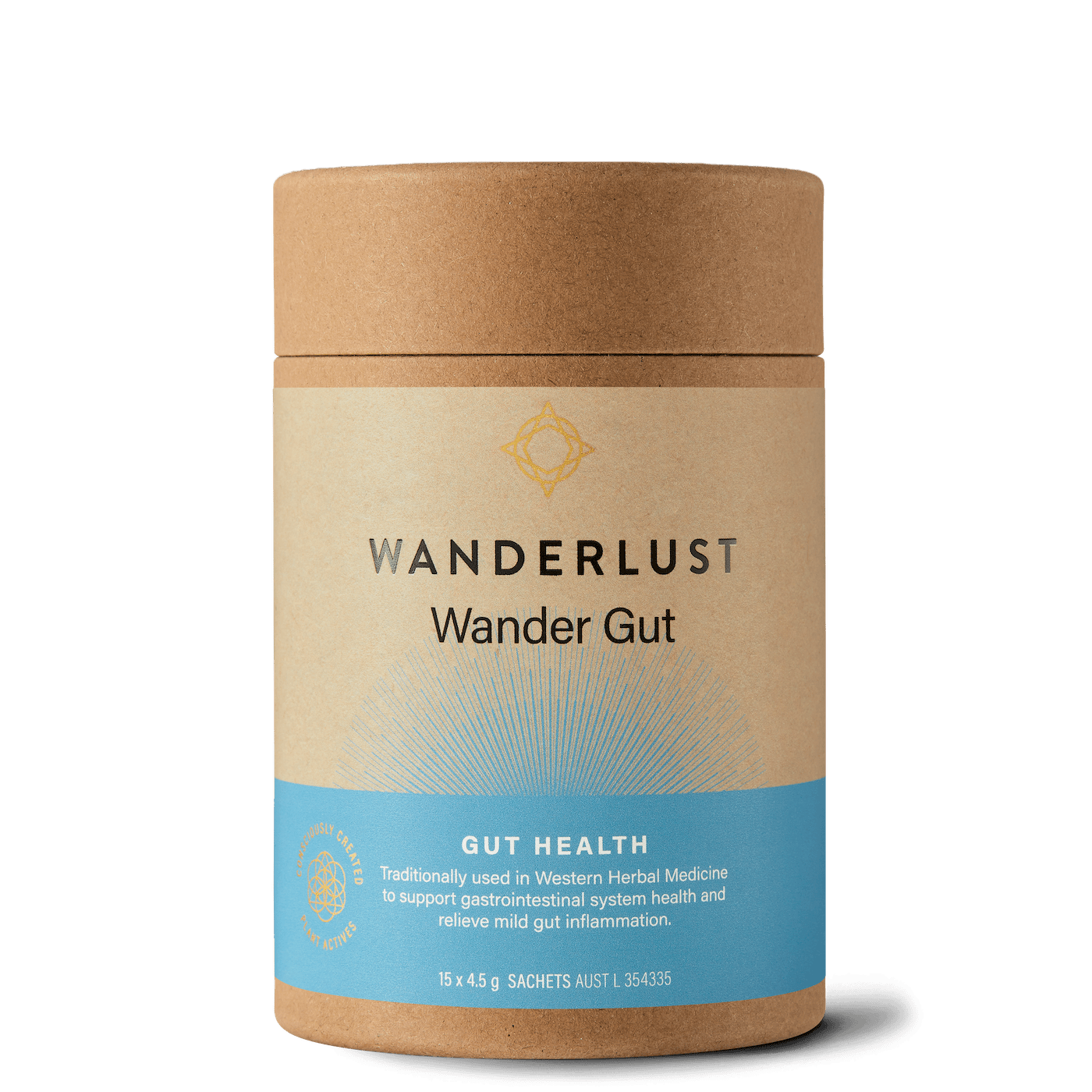
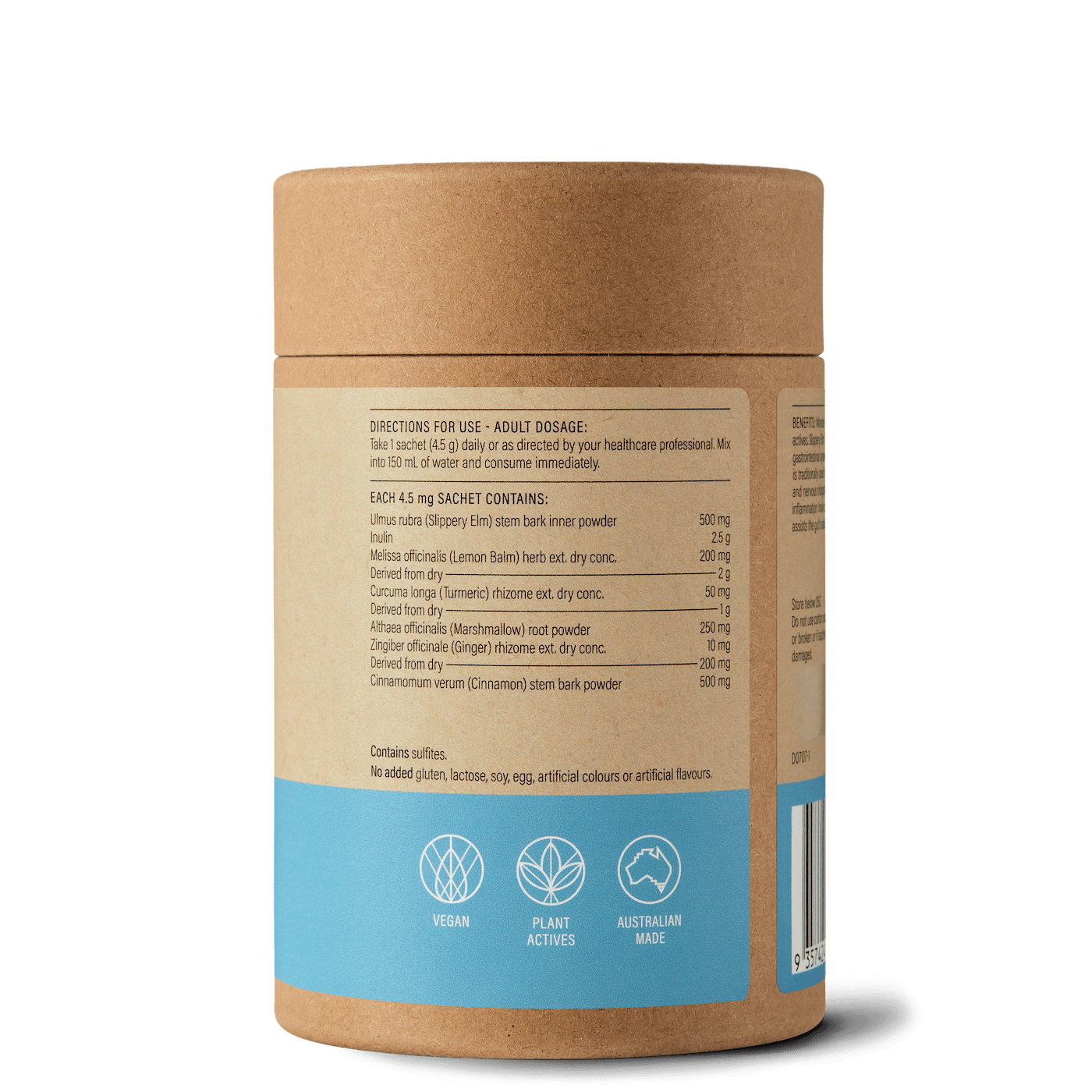
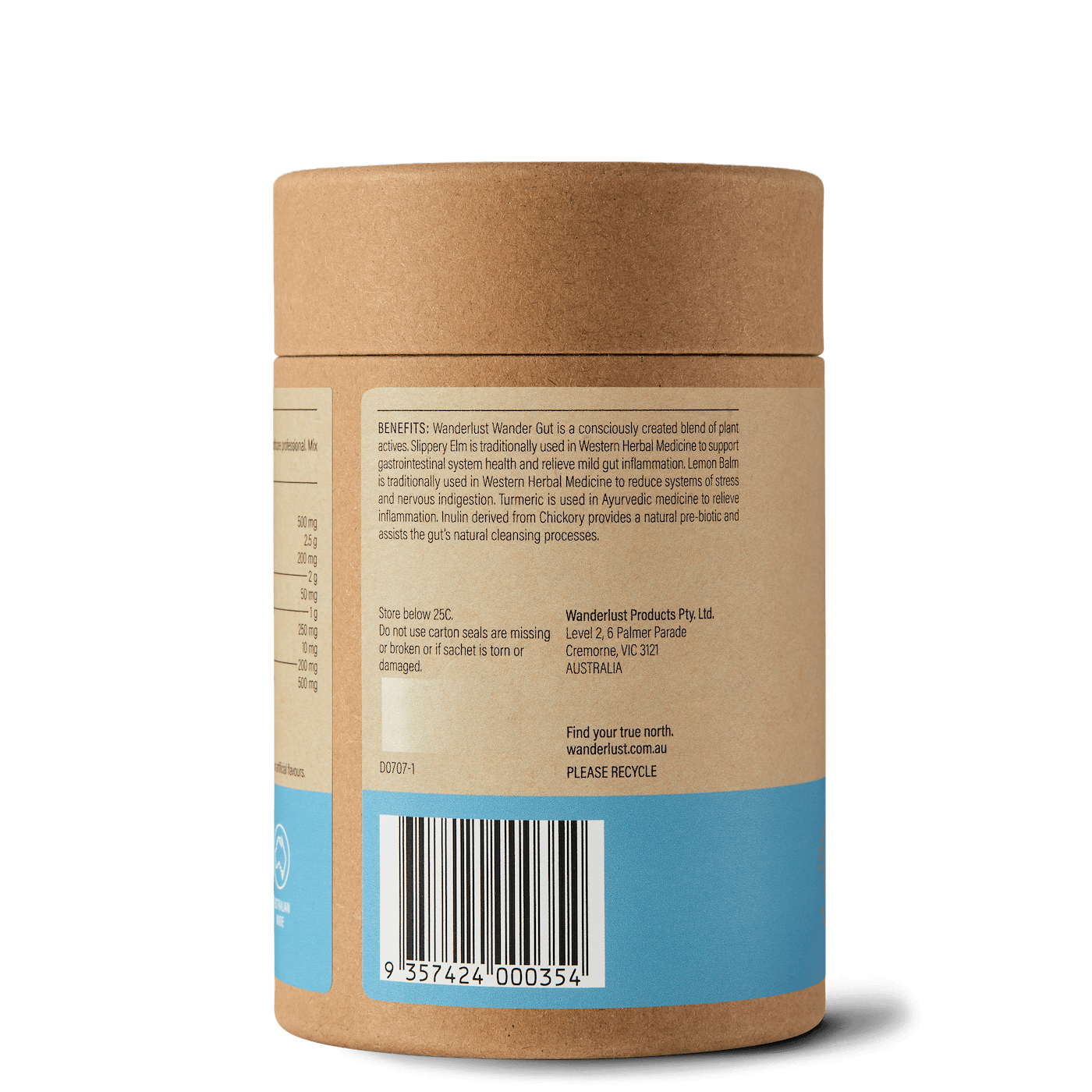
Ingredients
Slippery Elm
Ulmus rubra

Turmeric
Curcuma longa
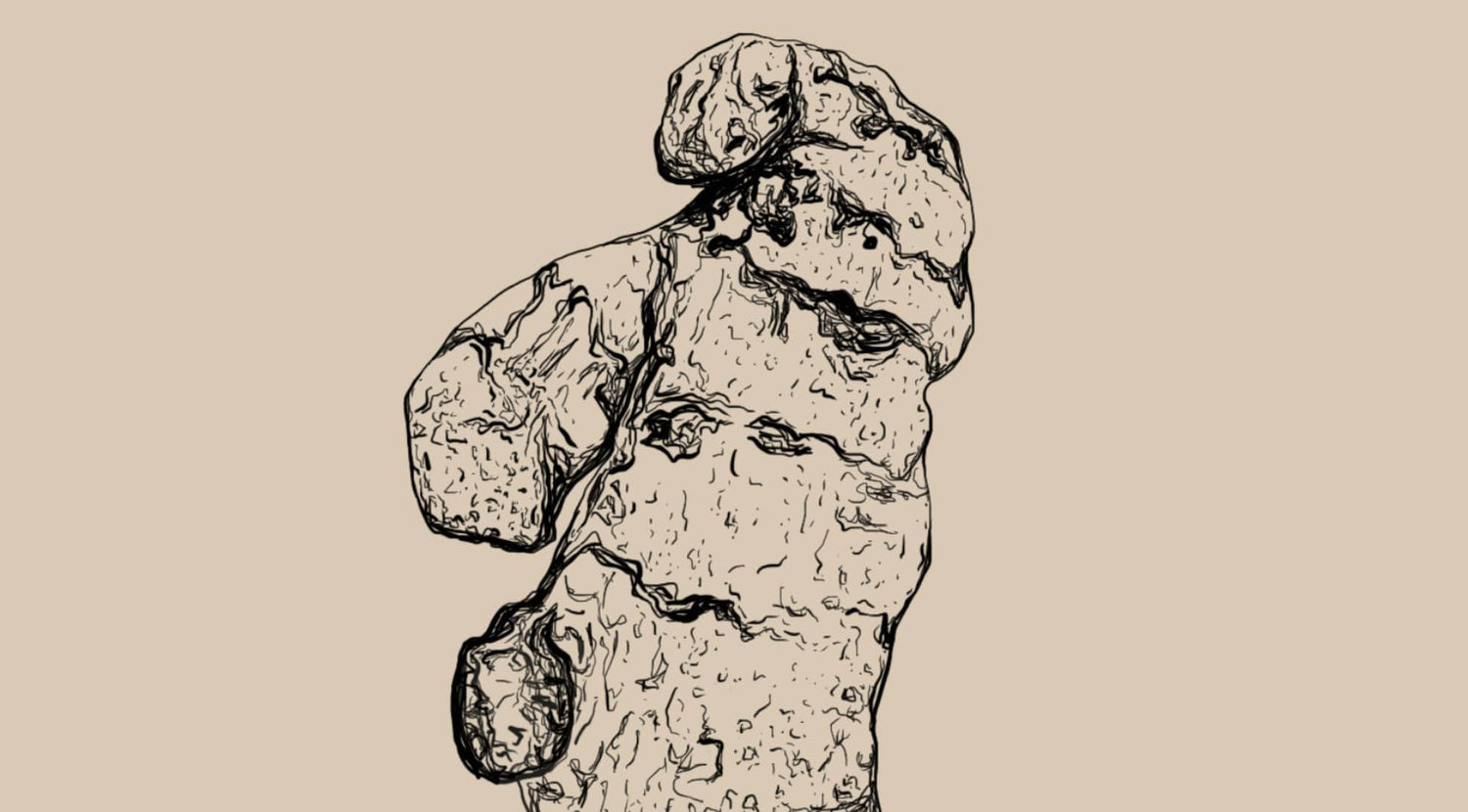
Lemon Balm
Melissa officinalis
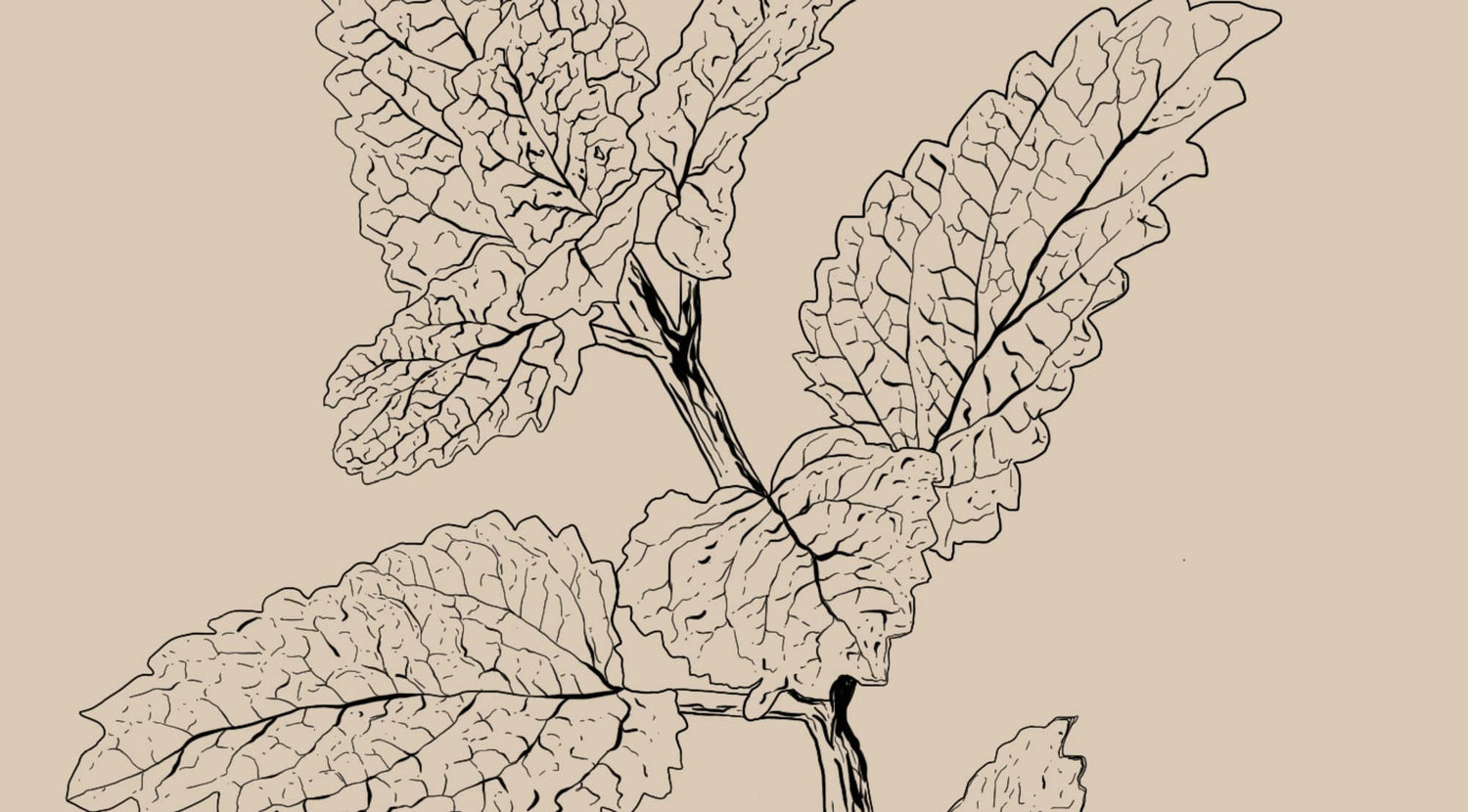
Cinnamon
Cinnamomum verum

Ginger
Zingiber officinale
